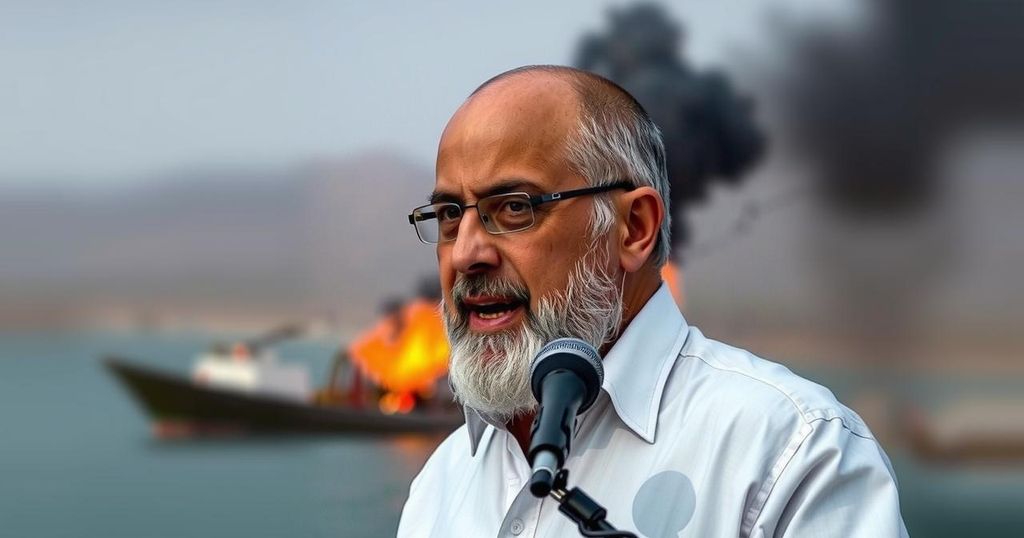In Syria, protests fueled by Iranian and Hezbollah instigation erupted, as accusations of orchestrated unrest emerged following a controversial video. Colonel Riyad al-Asaad revealed intelligence suggesting Hezbollah is actively sending agents to create chaos. Clashes have intensified, particularly in coastal cities, leading to increased security and military actions against regime loyalists.
Recent protests in Syria’s coastal cities were attributed to alleged instigation by the Iranian regime and its ally, Hezbollah. Colonel Riyad al-Asaad, founder of the Free Syrian Army, stated in an interview with Al-Hadath TV that intelligence confirms Hezbollah agents are entering Syria to create unrest. The protests are suggested to be a coordinated action by Iranian forces and Hezbollah, following a provocative video of an attack on an Alawite shrine. The violent demonstrations saw armed clashes between Hezbollah-affiliated forces and local opposition in areas like Talkalakh. These events have spurred heightened security measures as regime remnants reportedly backed by Iran engaged in attacks against the new administration’s military units.
The tensions in Syria reflect ongoing power struggles following the civil war, specifically concerning the influence of Iran and its affiliates in the region. With the Syrian government struggling to maintain stability in the post-Assad era, Iranian influence remains a critical factor, as Tehran utilizes militia networks to expand its control. The recent protests could be indicative of a broader strategy by Iranian actors to provoke discord and undermine efforts at governance in Syria.
The protests in Syria reveal the complex web of influence and conflict involving Iranian forces and Hezbollah, as they seek to maintain a foothold amidst shifting power dynamics. The intervention of Iranian-backed operatives in local conflicts demonstrates the persistent instability in the region, further complicating efforts for a peaceful resolution. The international community’s response to Iran’s actions will be pivotal in shaping the future of Syria.
Original Source: www.ncr-iran.org






